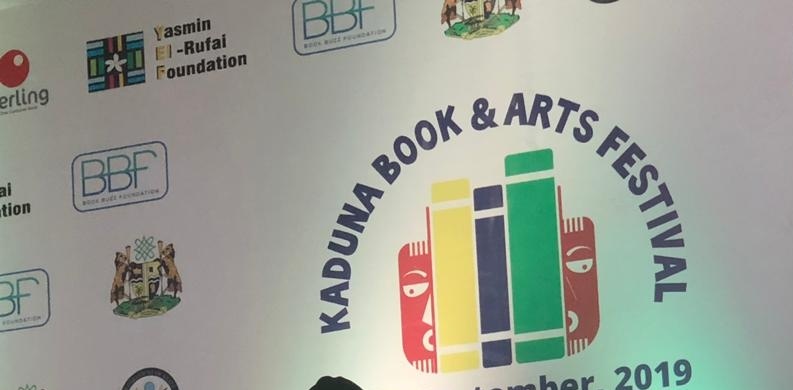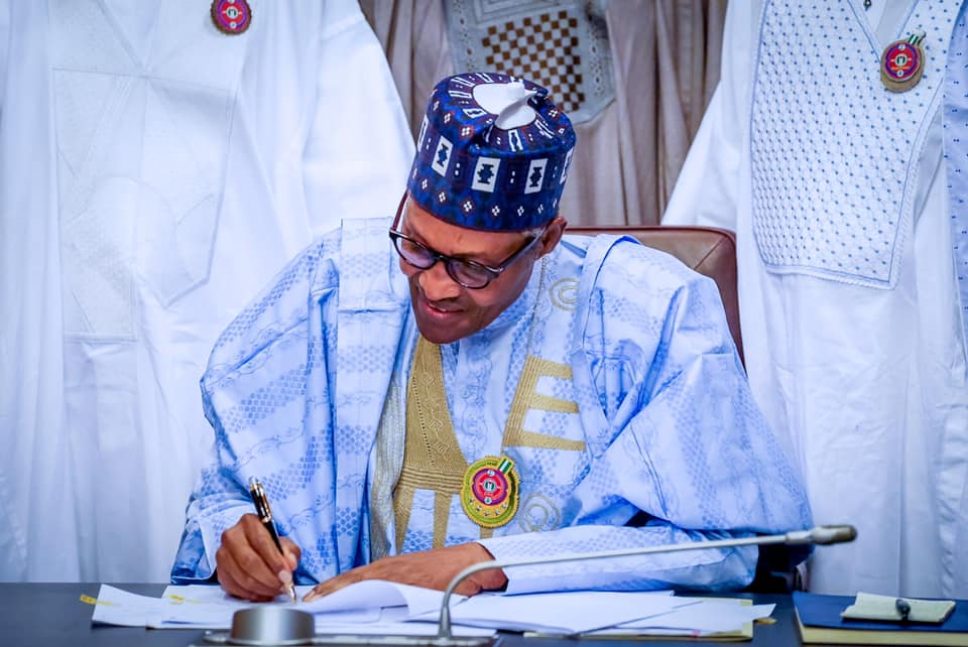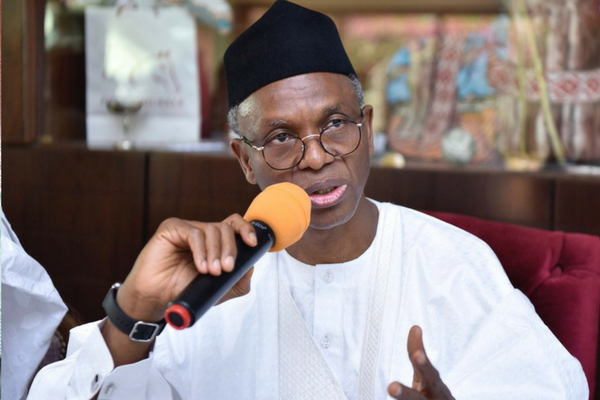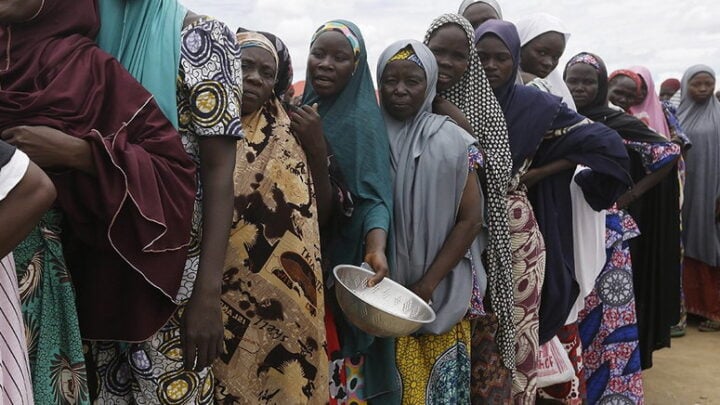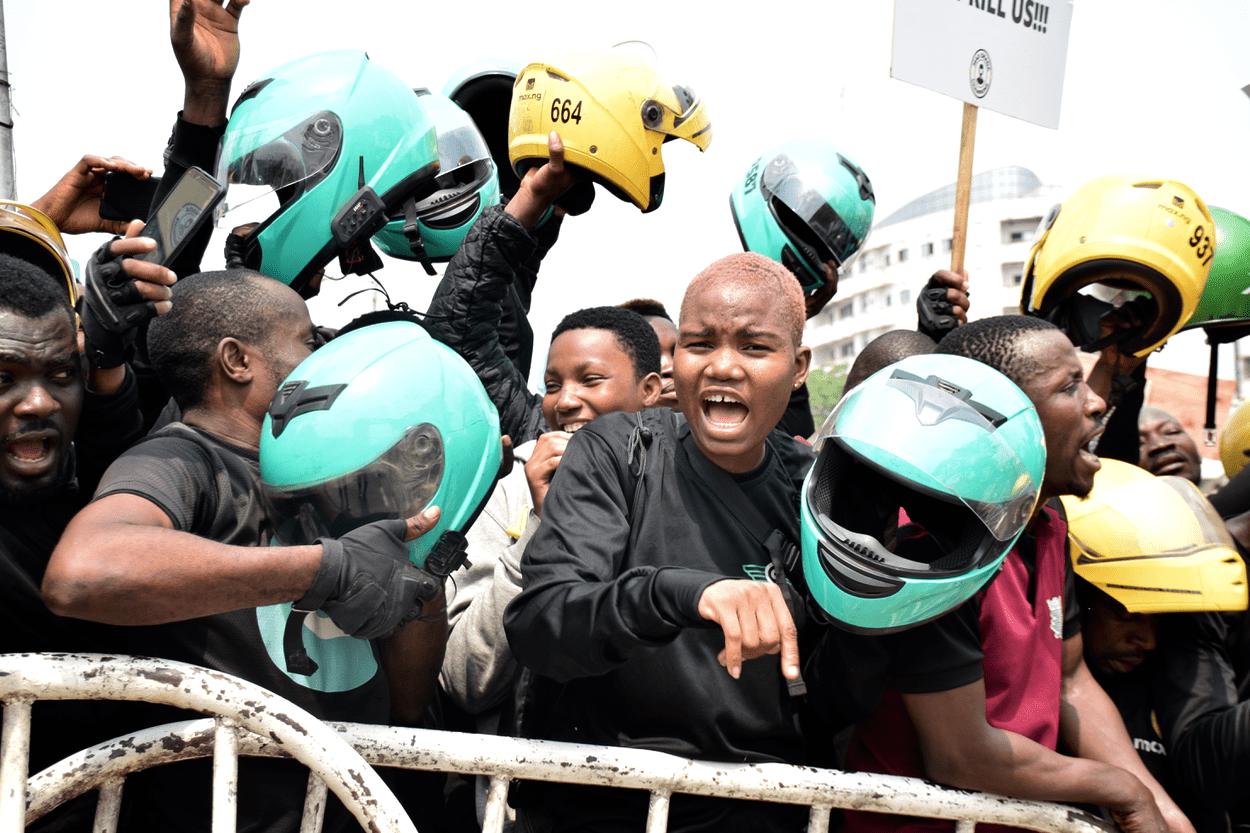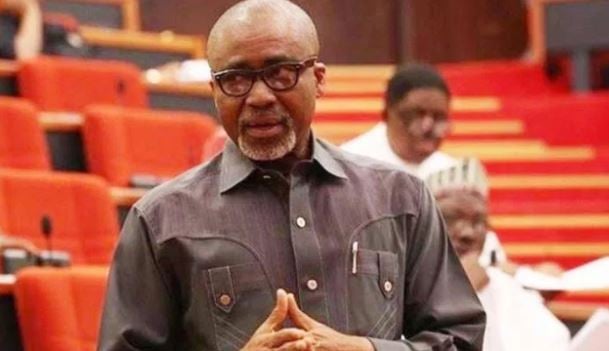BY MAIRO IBRAHIM
You might have heard about Kabafest from the epic gbos-gbas that went down on Twitter between a few of your creative heroes. If you heard about it and didn’t care to find out what it was, or if you heard nothing at all, I’m here for you!
KabaFest is the annual Kaduna Book and Arts Festival. Before today, I wrote about Kabafest19. Like many other things I write, I didn’t have the nerve to post it. I’m glad I didn’t, though; this post is not about getting over my fears, so you can calm down. This is a story of admission, confessing that I got my report of Kabafest19 wrong when I tried to summarise the festival; the human experience cannot be summarized.
Kabafest19 was more than the ideas shared, refused, challenged or birthed. It was for and about people. You might think, err isn’t it like a book and arts festival? Well yeah, me too. However, books and arts are key expressions of humanity; Kaba beautifully highlighted the human in them.
Months after Kaba, short for Kabafest, my flawed memory journeys back to the moments I shared with ex-strangers, some of whom have housed themselves permanently in my life. Now, Kaba does more than create and cement friendships, it creates its own stories from the friendship and partnership of its visitors and guests. Visitors sometimes graduate to guest status, something the Kaba family celebrates warmly. It’s no surprise that it happens so. Kaba is such an inspiring space; it’s damn near impossible not to get inspired. For instance, it inspired an audio writer to pen this; right now, she’s an ex-audio writer (praise be!).
Advertisement
Not only did I get inspired to write, I left Kaba with a clique of my own, named Toilet Sisters. The Toilet Sisters story started during my visit to the loo, an excited voice (Adaeze) responded to my fidgeting. But like, what person in this Nigeria talks in a tight public toilet without knowing the face of her audience?
Me! Because I answered. There and then, separated by toilet walls, we connected while our bladders breathed. A third sister showed up on our way out; tired with a beaming smile, she asked that we wait for her. Weird girls, I thought, but who isn’t?
We spoke about our interests for about 30 minutes. Ameh is an artist passionate about the environment. I’m writing my thesis on Waste Management, and I was thinking about starting a blog about Law and the Environment (I’m always wanting to start something, smh). Adaeze is an author, a blogger and lawyer (Law Student in September); I’m a lawyer who wants to be a writer. It felt right, the Kaba gods gave me the right young gifts.
Advertisement
The best way to describe Kaba is a pot. It cooks all of us together in one space for days. By all of us, I mean various pieces of the mother continent, and for those days we steamed together creating the illusion or reality of equality (still not sure which it, is to be honest), where we mix up, great and small, side by side, to listen to one another or at least try or pretend to. There is a lot of speaking, too, my God. But what I found most important is that anyone (sane or insane) can be heard in the Kaba space; this is thanks to the brilliance of Lola Shoneyin (the great Nigerian Literary chef among many other things) and her team.
This post will not shun the important ideas and messages Kaba had to deliver, and to prove this to you, here are a few that got to me (among the sessions I attended).
The panellist of Banditry, Kidnapping, and the Psychological Impact of Violence had this to share:
Aisha Armiyaua, a psychologist with immense experience working with convicts, said that we need community-focused, culturally-informed social interventions to combat banditry. She believes individuals can do nothing about kidnapping and banditry; the system must work for the safety of the people.
Advertisement
Bukky Shonibare attributed insecurity to three major factors: the social cause – inequality, illiteracy, ethno-religious divide; economic factor – poverty; and the political factor – when politicians take advantage of vulnerable people who feel marginalized, using them for thuggery. She stressed that poor economic systems affect social values adversely.
Folarin Banigbe, a victim of kidnapping who turned a horrible experience into an inspiring one with his book Adoption Chronicles, held that we can’t compromise on the truth, and there has to be a standard, not your truth or my truth. Although he didn’t dismiss the impact poor economic and social structures may have in informing the actions of bandits, from his experience he holds that people work systems and grouping government separate as an entity on its own defeats the purpose of COLLECTIVE RESPONSIBILITY. According to Banigbe, what drives vulnerability in the society are: loss of a value system, a loss of communal living, and loss of humanity.
The booklogue
Served laughs and chills
Zukiswa Wanner read excerpts from her book London Cape Town Joburg, a story of xenophobia through a child’s eyes, describing a confusion that makes the child and her listeners the same. She finished with an elder’s assurance that we needed to hear: ‘No African is a stranger in Africa’.
Nmandi Oguike is the most fun reader, I choked with laughter as he read a short story ‘My Beloved Infidel’ from his collection Do not say it’s not your Country. I was proud of my day old friend.
Advertisement
In the Panel Discussion: Women as leaders in Northern Nigeria
Fatima Umar, a beautiful and confident politician. elieves active participation in party politics, taking your little first roles seriously, can get you a sit at the table. She believes you must fight for inclusion.
Aunty Amina (Amina Salihu) easily became one of my feminist heroes after the session. She brought wisdom and experience to the panel. She dropped her mic with a challenge, YOU GOTTA THINK OF CREATIVE WAYS TO ENGAGE PATRIACHY.
Advertisement
Maryam Laushi, who I found to be the breeze in the steaming panel. A tactful player who believes “for women in politics it’s a bunch of different things fighting and negotiating your way into the political scene”.
Arit Okpo was an excellent moderator!
Advertisement
I caught a bit of the Public Interaction Let’s talk about Consent. There was a lot of sharing and educating about the power play present in all cases of sexual intrusion. It was overall an emotional pill.
Kinna said, “Just like our oppression is subtext to our lives (women), so is men’s power the subtext to theirs” — a wild truth we must all work radically to change.
NO MEANS NO, always.
Advertisement
Impact of Religious Extremism in Nigeria
Uncle Jibo (Jibrin Ibrahim) launched this panel discussion by admitting that “there is so much trauma in our society and we’re all affected by this situation we find ourselves in”.
He went further to explain Religious Extremism in Nigeria through the lenses of a social scientist. “Nigeria is one of the most irreligious countries in the world”, he said, amidst the high level of religiosity in the country. His test for this is that the Nigerian people do the exact opposite of the values of the religions practised in Nigeria. The open religious arena is explosive, as anyone can preach without any checks. He spoke about the high conversion rate of up to 30-35% people who have changed religion in recent years. Sufi Muslims to Wahhabism, Orthodox Christians to Pentecostalism. This conversions and discrepancies in the religion of the old and young Nigerian cause a break in religious education, creating a vacuum — a vacuum ill can occupy. On Boko Haram, he shared that from his field experience and other studies, he found that a lot of Boko Haram militants have little or no knowledge of their pursuit or Islam.
Abdulbasit Kassim had this to say: it is very important for followers to question people they view as leaders — why they held certain positions in the past, why their positions changed at a given time. He believes that the leaders of extremist groups are knowledgeable about their quest and the means they opt for to achieve it.
This session was the most educating (opinion). I suggest you check out a video of the panel discussion on KabaFest official Twitter account @KabaFest.
Dance and Poetry
I still cringe at the thought of missing these events, I know they were life changing performances because I cried me a few painful drops when I heard some attendee’s reviews. I was lucky to watch Ogaba Ochai, a phenomenal dancer, marvel with his art, using moves, mud, tapes and body. He is a member of the Mud Art Company in Kaduna.
To avoid being like me and missing out on a great experience, I’ll advise you to stay close to the festival venue when and if you attend.
I will close with saying thank you to all my Kaba friends for inspiring this piece by being effortlessly (it just makes sentences sweeter) badass.
Adaeze made a 2.1 in Law School and got called to Bar;
Ameh and her art made it to the Ake Festival;
Nnamdi is touching more lives with his stories;
And Fisayo who is bravely changing the world with his findings, in the process giving me free bragging right to tell anyone who would care to listen that we are friends.
And guess what, the access fee was 1k. Mad O.
Views expressed by contributors are strictly personal and not of TheCable.
Add a comment
